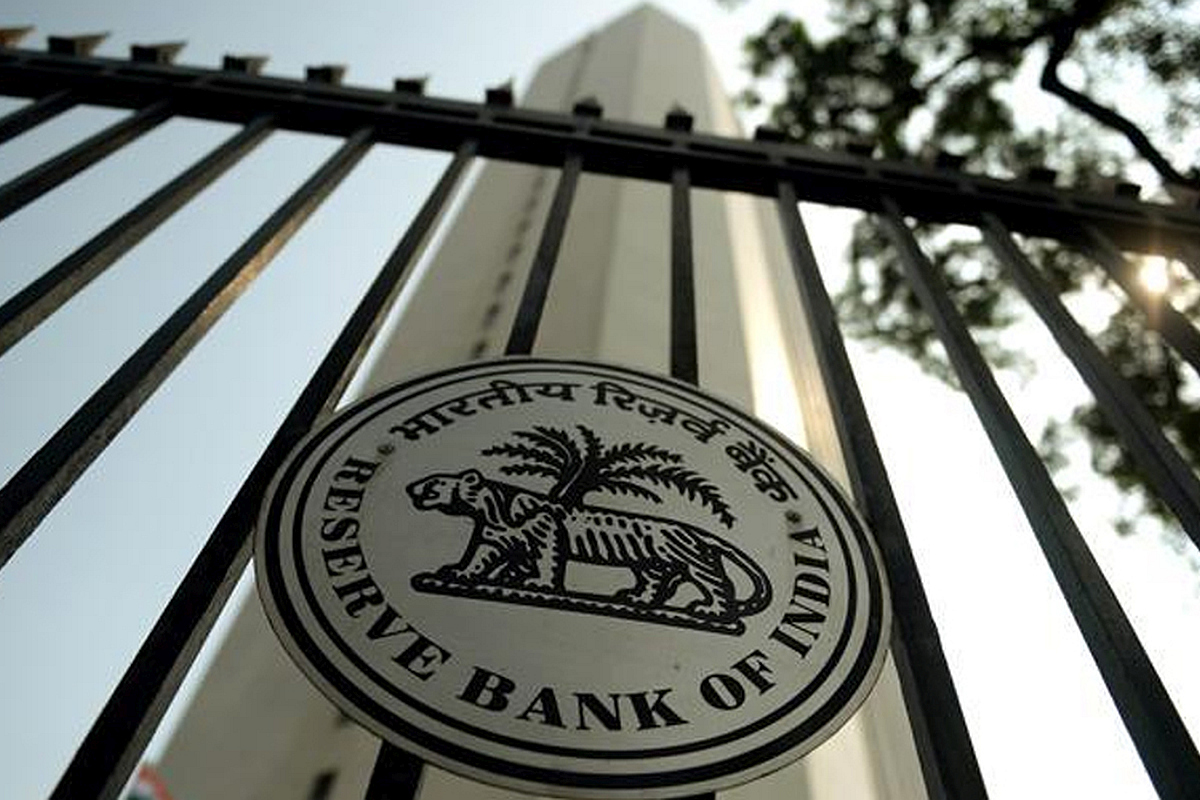The Reserve Bank of India is unlikely to extend the moratorium on loan repayments after it ends on August 31, a PTI report said on Saturday, which cited sources familiar with the matter.
In March, the central bank had introduced a three-month moratorium on bank loans to ease burned on the borrowers during the COVID-19 lockdown. Later, the bank extended the moratorium period by another three months till August 31.
Advertisement
The report cited its source as saying that it was only a temporary reprieve to borrowers affected by the pandemic.
The source further said that a longer moratorium period exceeding six months can impact credit behaviour of borrowers and increase the risks of delinquencies post resumption of scheduled payments.
It is worth mentioning that banks like HDFC and Kotak Mahindra Bank had requested RBI Governor Shaktikanta Das not to extend the moratorium as many are taking undue advantage of the facility.
As the various containment measures put in place by the government begin to ease and the economic activity gathers pace, continuation of temporary measures would not be sufficient in addressing cashflow problems of the borrowers. A more durable solution was, therefore, needed to rebalance the debt burden of viable borrowers, both businesses as well as individuals, relative to their cashflow generation abilities under the post-lockdown scenario, the sources said.
What that objective into consideration, the RBI recently announced a special resolution window for COVID-19-related stress within the existing Prudential Framework for Resolution of Stressed Assets.
It strikes a balance between protecting the interest of depositors and maintaining financial stability on one hand and preserving the economic value of viable businesses by providing durable relief to businesses as well as individuals affected by the COVID-19 pandemic on the other, the sources said.
The resolution plans to be implemented under the framework may include conversion of any interest accrued, or to be accrued, into another credit facility, or granting of moratorium and/ or rescheduling of repayments, based on an assessment of income streams of the borrower, up to two years, the sources added.
While the resolution under this framework can be invoked till December 31, 2020, the lending institutions have been encouraged to strive for early invocation in eligible cases, particularly for personal loans.
Thus, the concerns of borrowers are sought to be addressed by the resolution framework wherein moratorium is also a relief option which the borrower can avail.
According to the sources, reliefs for each borrower can be tailored by banks to meet the specific problem being faced by the borrower depending on the need rather than have a broad-brush approach in dealing with the issue.
Recently, the RBI Governor said that while the moratorium on loans was a temporary solution in the context of the lockdown, the resolution framework is expected to give durable relief to borrowers facing COVID-19-related stress.











